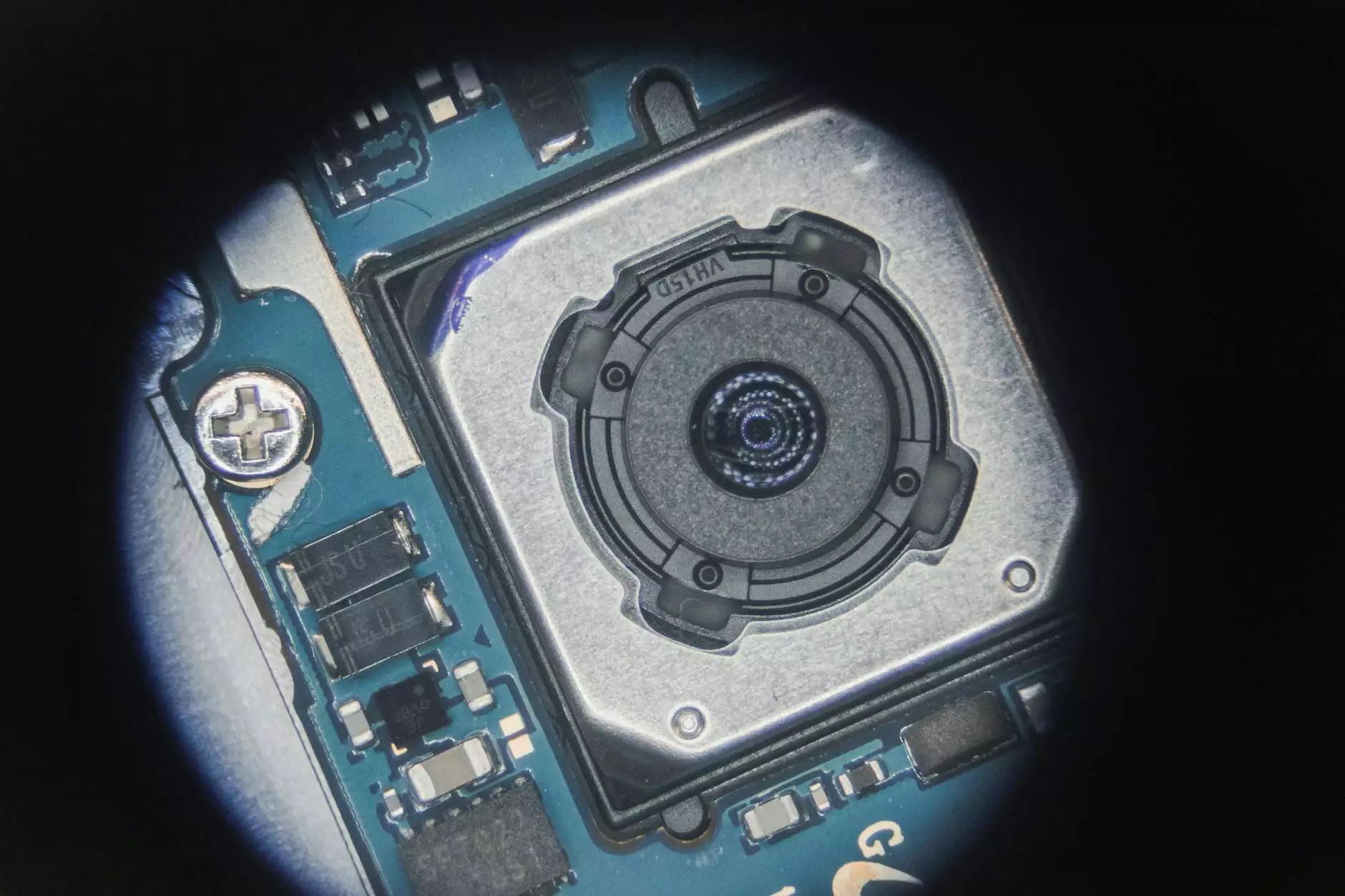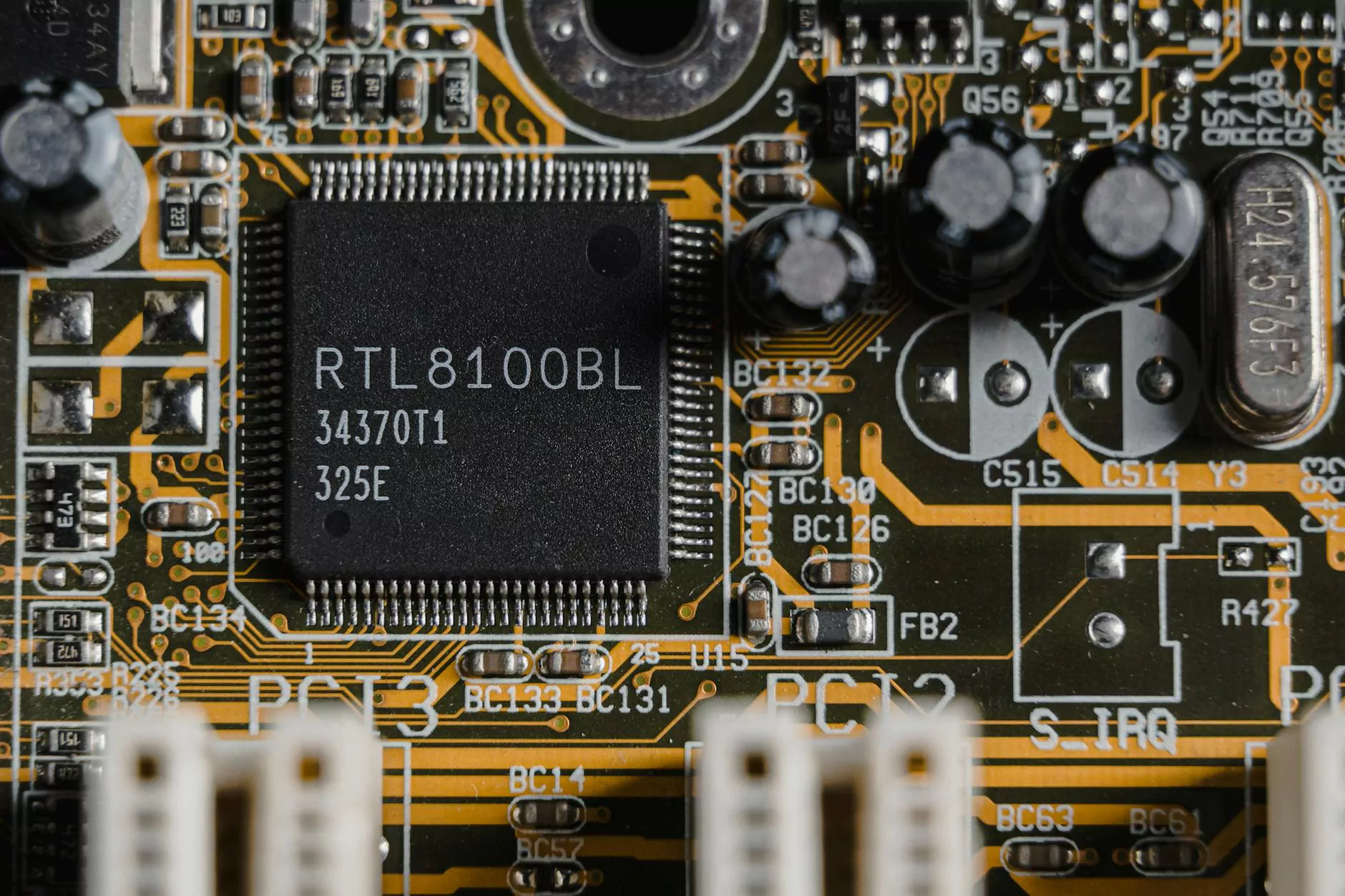Understanding the Pet Microchip Database in the UK

In recent years, pet microchipping has become an essential aspect of responsible animal ownership in the UK. The pet microchip database UK provides an invaluable resource for pet owners, animal shelters, and veterinary services. This comprehensive article delves deep into the importance, functionality, and benefits of the microchip database, guiding you through its significance in safeguarding our beloved pets.
What is a Pet Microchip?
A pet microchip is a small electronic chip, about the size of a grain of rice, that is implanted under the skin of a pet. It serves as a unique identification tool, containing a serial number linked to the owner’s contact information stored in a secure database. This method of identification is permanent, ensuring that even if a pet gets lost, it can be easily identified and returned to its rightful owner.
How Do Microchips Work?
When a lost pet is taken to a veterinary clinic or an animal shelter, the staff will scan the animal to see if it has a microchip. The scanner emits a radio frequency that activates the microchip, and the unique ID number is displayed on the scanner. By contacting the pertinent pet microchip database UK, the pet's owner can be found quickly and efficiently, facilitating a safe reunion.
The Significance of Microchipping Pets
Microchipping pets is not merely a trend; it is a significant responsibility that pet owners should consider. Here’s why it matters:
- Permanent Identification: Unlike collars and tags that can fall off, microchips provide a lasting form of identification.
- Increased Chance of Recovery: Microchipped pets have a significantly higher chance of being reunited with their owners when lost.
- Compliance with Regulations: In the UK, it is a legal requirement for dogs to be microchipped; non-compliance can lead to fines.
- Increase Safety: Microchips can provide a sense of security in knowing that your pet can be identified at any time.
The Role of the Pet Microchip Database in the UK
The pet microchip database UK plays a fundamental role in the identification and recovery of lost pets. This centralized database allows vets, shelters, and pet rescuers to access vital information quickly, leading to prompt reunification.
How the Database Operates
When a pet microchip is implanted, the veterinarian or the pet service provider will register the chip with the chosen database service. The information typically recorded includes:
- Pet’s name
- Owner's name and contact information
- Microchip number
- Pet’s breed, age, and color
Every time a microchipped pet is scanned, the database is accessed to retrieve the owner’s information, ensuring swift action can be taken to contact them. This system not only helps in the recovery of lost pets but also plays a crucial role in the prevention of theft and illegal sales of pets.
Benefits of Registry in a Pet Microchip Database
Understanding the benefits of having your pet microchipped and registered in a database is crucial. Here are some key advantages:
1. Efficient Reunification
One of the most significant benefits is the speed at which lost pets can be reunited with their families. The infrastructure of the pet microchip database UK ensures that information is disseminated quickly, helping more pets get home faster.
2. Supporting Animal Shelters
Animal shelters rely heavily on the microchip database to track lost and found animals. By utilizing this resource, shelters can return pets to their owners before they need to find a new home for them, ultimately reducing the number of animals in care.
3. Legal Protection
Microchipping pets provides legal protection for pet owners. It establishes clear ownership and serves as a deterrent against theft. If a pet is found in a different home, the microchip can be used to legally reclaim the animal.
4. Enhanced Community Awareness
Microchipping fosters a sense of community and responsibility among pet owners. It encourages awareness about lost pets and promotes local initiatives to protect and reunite animals with their families.
Best Practices for Pet Microchipping
To ensure your pet benefits from microchipping, it’s essential to follow these best practices:
1. Choose a Reputable Provider
Always opt for a certified veterinarian or an accredited pet service provider to perform the microchipping. This ensures that the procedure is done correctly and safely.
2. Keep Information Updated
It is critical to keep your contact information current in the database. If your details change, ensure you update them promptly to prevent lost opportunities for reunion.
3. Regular Scanning
Once your pet is microchipped, ask your vet to scan the chip during routine check-ups. This reassures you that it is functioning correctly and helps maintain accuracy in the database records.
4. Spreading Awareness
Share your knowledge about the importance of microchipping with other pet owners. Encourage them to microchip their pets and explain how the pet microchip database UK works. Awareness can lead to more pets being microchipped, thus strengthening community efforts in finding lost animals.
Addressing Common Concerns About Microchips
Despite the myriad of benefits, some pet owners harbor concerns about microchipping. Here we address a few common ones:
1. Is Microchipping Painful?
The microchipping process is quick and minimally invasive. It involves an injection similar to a vaccination. Pets may feel a momentary pinch, but most recover quickly and experience no lasting discomfort.
2. Will a Microchip Track My Pet's Location?
No, a microchip does not serve as a GPS tracking device. It is merely an identification tool. However, when scanned, it connects lost pets to their owners through the database.
3. What If I Move or Change My Contact Information?
If you move or your contact details change, update your information with the microchip database. Most databases allow you to do this online, ensuring your pet's records are always accurate.
Conclusion: A Responsible Choice for Pet Owners
The pet microchip database UK is an essential component of responsible pet ownership. Microchipping not only increases the likelihood of recovering lost pets but also enhances community safety and awareness regarding animal welfare. By microchipping your pet, you are taking a significant step towards ensuring their safety and security.
As a pet owner, make it a priority to educate yourself and others about the importance of microchipping and the role of the microchip database. Together, we can create a safer environment for our furry friends and foster a community that values the well-being of animals.
For more information about microchipping, available services, and best practices, visit goody4pawsk9.co.uk.









